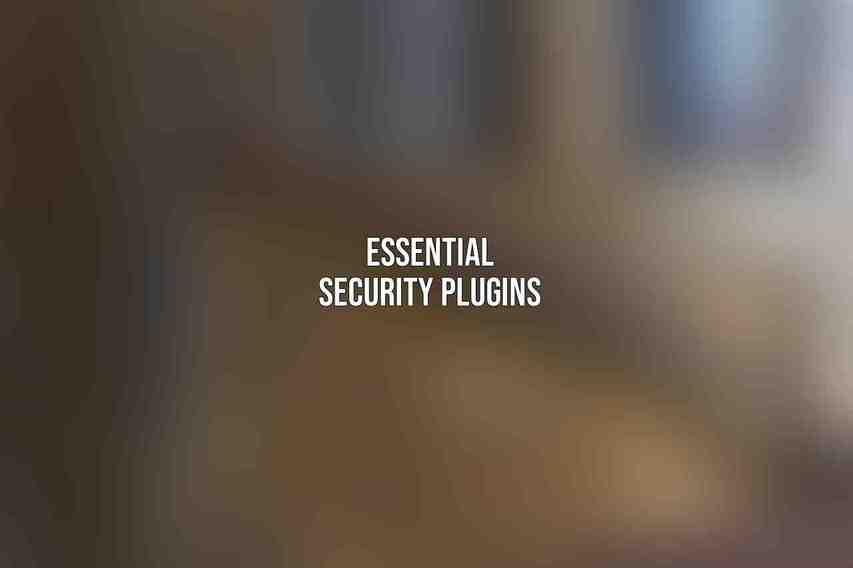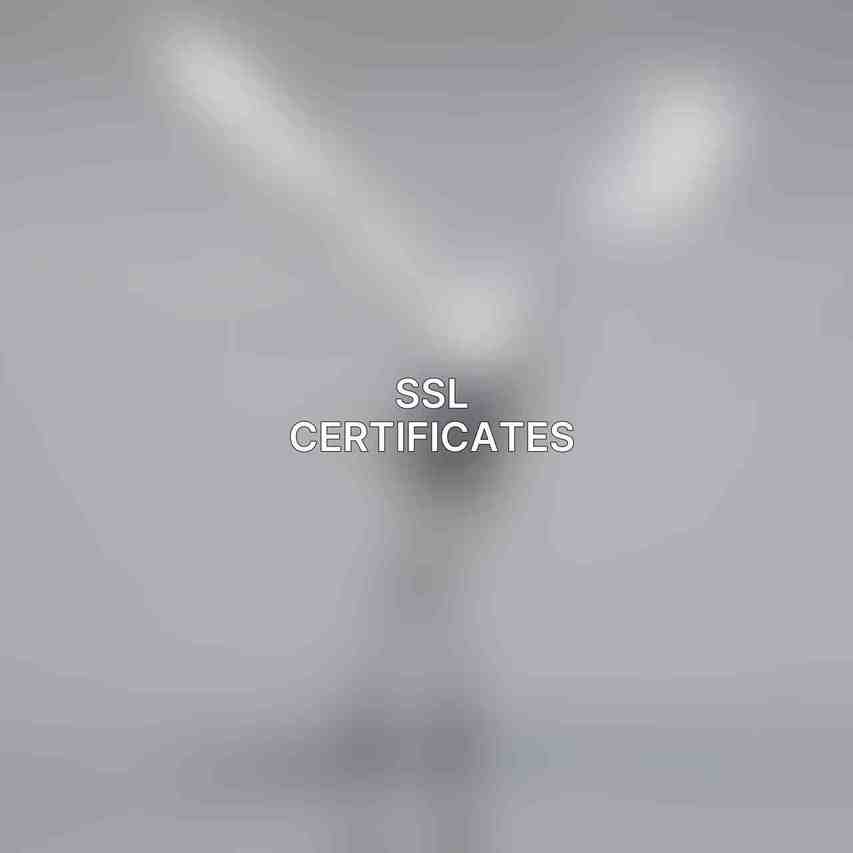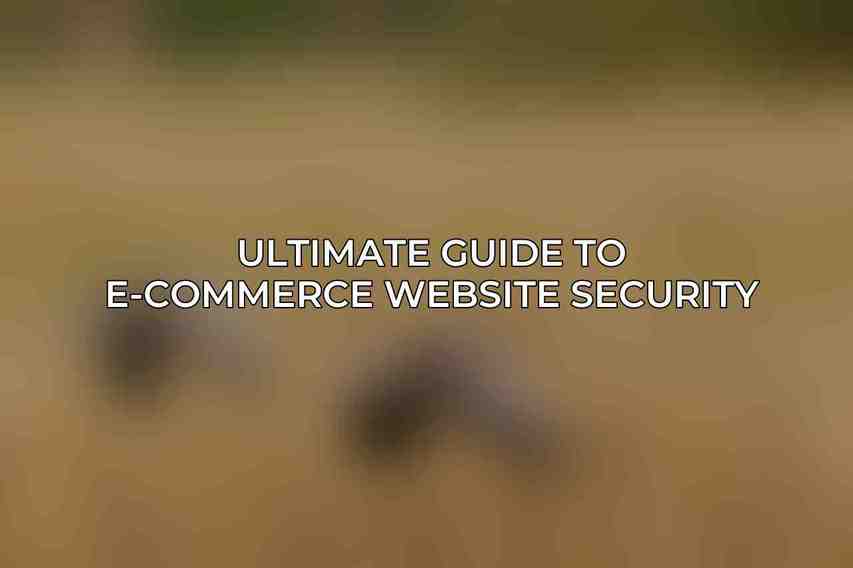E-commerce Website Security has become a critical aspect that online businesses cannot afford to overlook. Ensuring the safety and protection of customer data, financial transactions, and overall trust in an e-commerce website is paramount. This comprehensive guide covers the importance of e-commerce website security, essential security plugins, SSL certificates, best practices, risk assessment, incident response, and additional security measures to help website owners fortify their online presence against potential threats.
Importance of E-commerce Website Security
E-commerce website security is crucial for several reasons:
- Protecting sensitive customer data: Safeguarding personal and financial information such as credit card details and addresses is essential to prevent data breaches and identity theft.
- Preventing financial losses due to breaches: A security breach can lead to significant financial losses, including liabilities from compromised transactions and legal consequences.
- Maintaining customer trust and confidence: Building trust with customers is key to establishing long-term relationships and ensuring repeat business.
- Ensuring compliance with industry regulations: Adhering to standards like PCI DSS and GDPR is necessary to avoid penalties and maintain credibility.
Implementing robust security measures is not just a recommendation but a necessity for e-commerce websites to thrive in this digital world.
Essential Security Plugins

When it comes to securing an e-commerce website, leveraging reliable security plugins can provide an added layer of protection. Here are some essential security plugins with their key features and pricing:
- Features: Web Application Firewall (WAF), malware scanner, IP address blocking.
- Pricing: Premium plans starting from $99/year.
- Features: Website scanner, WAF, DDoS mitigation.
- Pricing: Premium plans starting from $199.99/year.
- Features: Content Delivery Network (CDN), DDoS protection, SSL encryption.
- Pricing: Free for basic plan, premium plans starting from $20/month.
- Features: Website vulnerability scanning, malware detection, WAF.
- Pricing: Premium plans starting from $99/year.
These plugins offer a range of security functionalities to help safeguard websites against various threats and vulnerabilities.
SSL Certificates

SSL Certificates, short for Secure Socket Layer certificates, play a vital role in securing communication between a user’s browser and the website’s server. Some key aspects of SSL certificates include:
- Definition and purpose: SSL certificates encrypt data transmitted between the user and the website, ensuring confidentiality and integrity.
- Types of SSL certificates: Different types such as Domain Validation and Organization Validation cater to varying security needs.
- Benefits:Using SSL certificates offers advantages like data encryption, enhanced customer trust, and improved search engine visibility.
Installing and configuring an SSL certificate involves validating the domain ownership and following specific steps depending on the Certificate Authority.
Stay tuned for more valuable information on essential e-commerce security practices, risk assessment, incident response, and additional security measures in the upcoming sections.
Frequently Asked Questions
What is e-commerce website security?
E-commerce website security refers to the measures taken to protect online retail websites from cyber threats, such as hacking, data breaches, and fraud.
What are common security threats faced by e-commerce websites?
Common security threats include DDoS attacks, payment fraud, phishing scams, malware infections, and data breaches.
How can I ensure my e-commerce website is secure?
You can ensure your e-commerce website is secure by using HTTPS encryption, implementing a web application firewall, regularly updating software, and conducting security audits.
What role does PCI compliance play in e-commerce website security?
PCI compliance is important for e-commerce websites as it ensures that payment card data is processed securely and protects customers from fraud.
What should I do in case of a data breach on my e-commerce website?
In case of a data breach, you should notify customers immediately, investigate the cause of the breach, and take steps to mitigate any potential damage.

